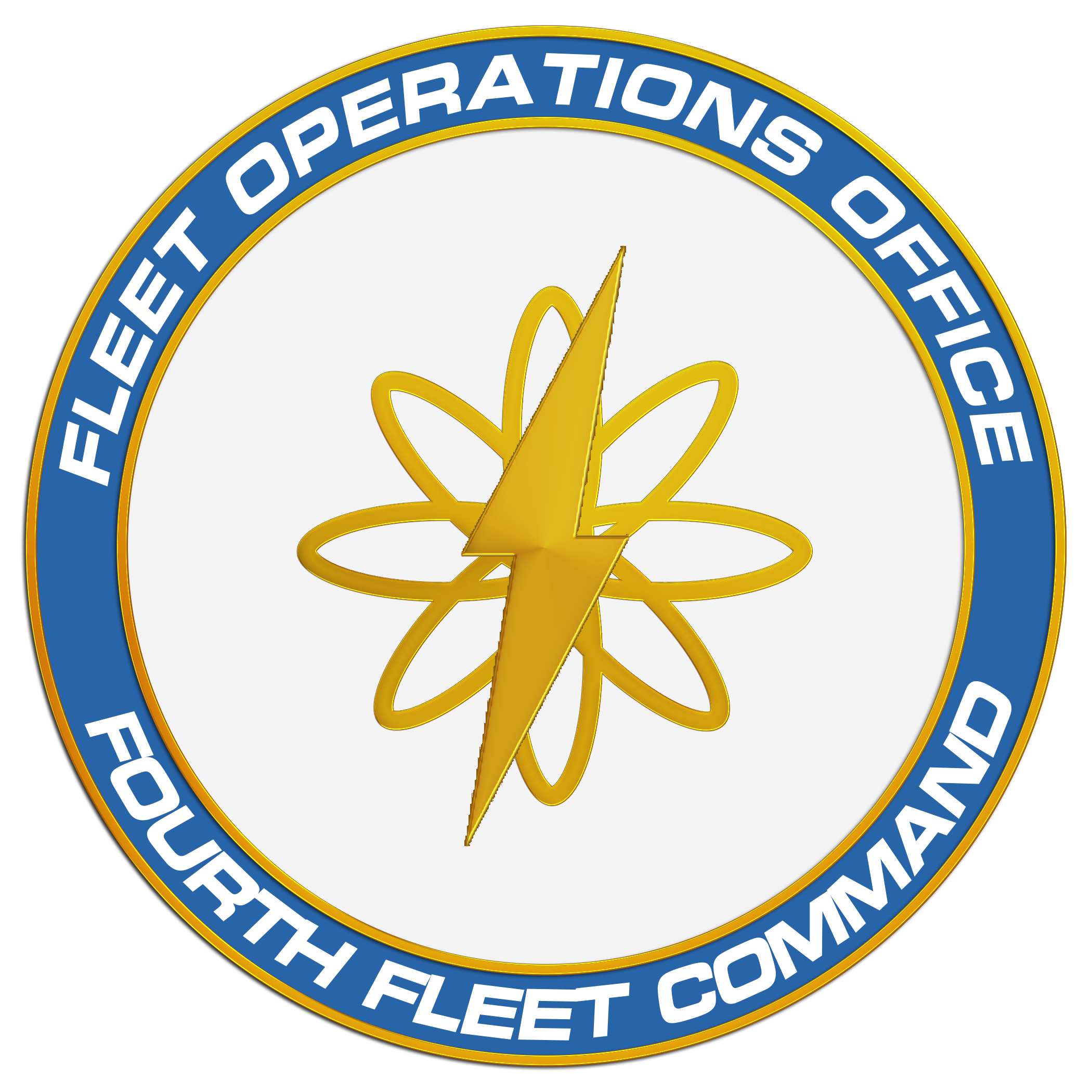One of the initiatives that the Operations Office will be working on this summer is helping each Task Force develop a strategy for expanding the number and variety of games (i.e. “sims” or “writing groups”) on offer throughout the fleet. We have had a lot of success with the open sandboxes on Relay Station Bravo, but we’ve received a lot of interest in writing on more traditional games alongside our newer offerings, but we understand that starting a new game can be a daunting experience, especially for someone who’s never been a game manager before. Though we’ve made a lot of strides in terms of our internal web support staff, we’d like to extend that to game development support as well, and as such I’m officially announcing two initiatives that we’ll be pursuing: task force game concept banks and pre-made games. Task Force Senior Staff will be getting more specific instructions on these projects, but this announcement is meant to serve as a basic explanation of these two concepts so you can see how they’ll be benefiting you as a member of the fleet.
Task Force Game Concept Banks
One of the most important steps in developing a new game is figuring out a niche that will both lead to an interesting story and provide a unique concept that will fit into the overall offerings of the fleet and of a particular task force. There is only so much room for generalist games, after all. Even with robust Task Force websites and wiki entries, it can still be overwhelming to try to develop a concept from scratch. On the same token, many people do not want to be too constrained by someone else’s plan or ideas. To help bridge the gap between completely from-scratch games and pre-built games (which will be discussed in the next section), we are going to be producing lists of potential game ideas, broken down by the overall niche a concept fits into, the task group it would be best suited for, and a list of potential classes that would be good for the concept.
From here, aspiring game managers can use the framework provided to select a ship class and name, and then use the concept bank’s mission ideas to get a head-start on running a new game, making it fully their own in time. These banks also allow Task Force Senior Staff to help layout the kinds of games they would like to see in their task force to best support the shared canon environment and to complement the fictions being written.
As an example, check out the concept bank that I have developed for Task Force 9, which lists out a number of possible concepts that would be suited to the overall mission of a defensive and exploratory Task Force. In the near future, we will be deploying banks like this for the whole fleet.
Pre-Made Games
In addition to the concept banks that will help a new game manager get started, we also want to take that to an additional level: fully pre-built games. More than just a pre-populated Nova site, these games will have a basic set of missions, a ship history, tour, specifications, etc. already loaded and will just require a potential game manager to fill out an application and then start recruiting for a crew. These will function in a very similar way to pre-made adventures for tabletop roleplaying games, with more direct contact between the game manager and the Task Force Senior Staff to steer the ship towards missions that would be appropriate for the Task Force.
The first one of these games is the USS Cygnus, a Nebula-class heavy cruiser in Task Force 9, which the new GM is taking up as a more casual game where plots will be focused more around individual episodes than long-arcs, like Star Trek: The Next Generation, while a TFSS member will be embedded aboard the game for the first mission to help the GM get acclimated and offer advice and mentoring.
We are hoping to offer 2 to 3 pre-built games per Task Force, which will be listed as open offerings on the BFMS. These offerings will be coordinated across the fleet to balance the offerings in terms of niche and class, to try to create a network of games that can meet a number of different demands for sim types, ranging from ships of the line like the Cygnus to explorers to hospital ships and engineering ships to more tactically-oriented vessels. The premise of this plan is to take as many barriers away from the game management process as possible; there’s no reason to force people to become web designers or masters of the fleet’s lore just to run a game, and we want to reflect that in our actual offerings as a fleet.

 Bravo Fleet
Bravo Fleet









